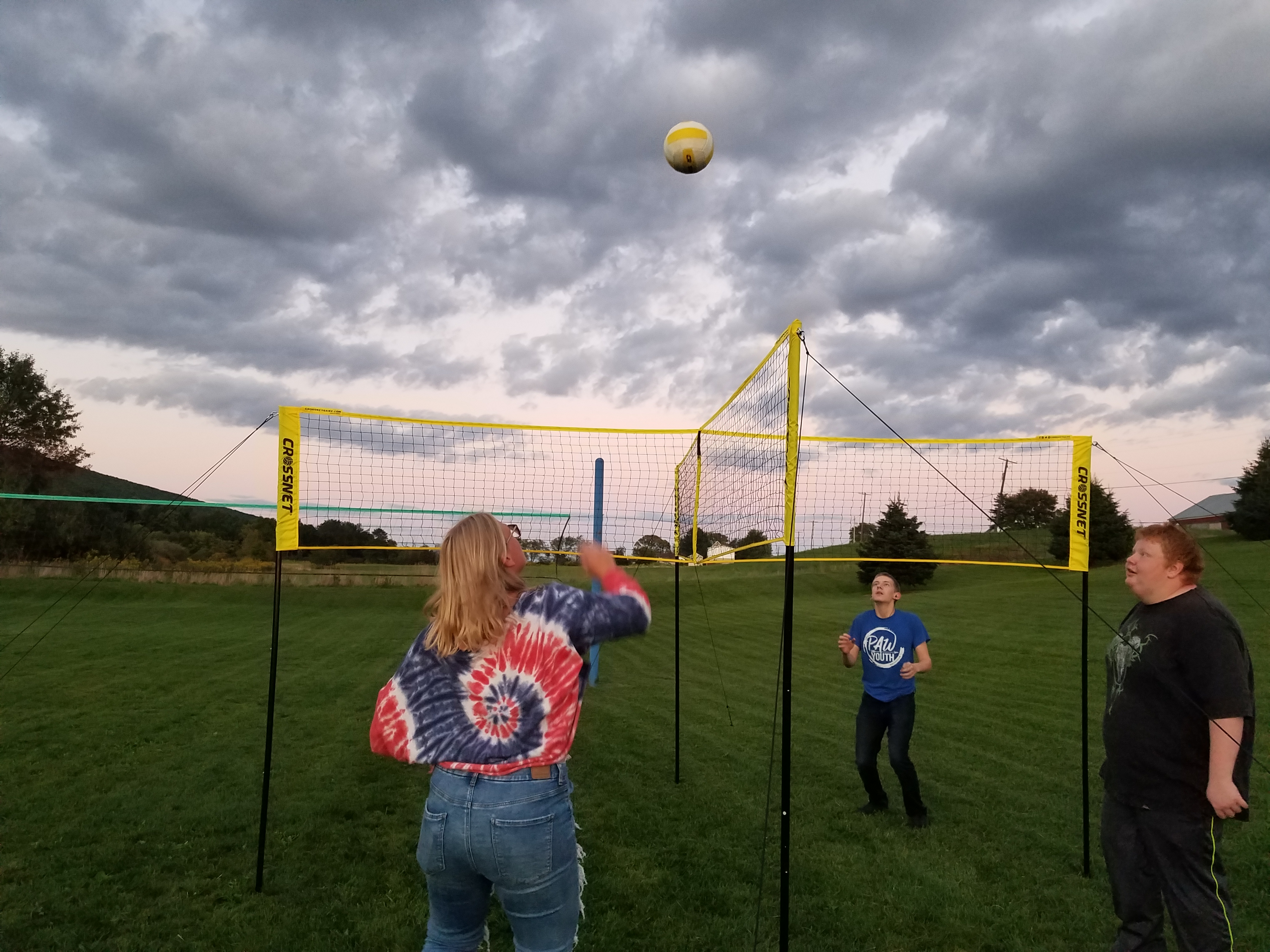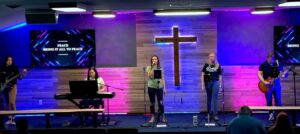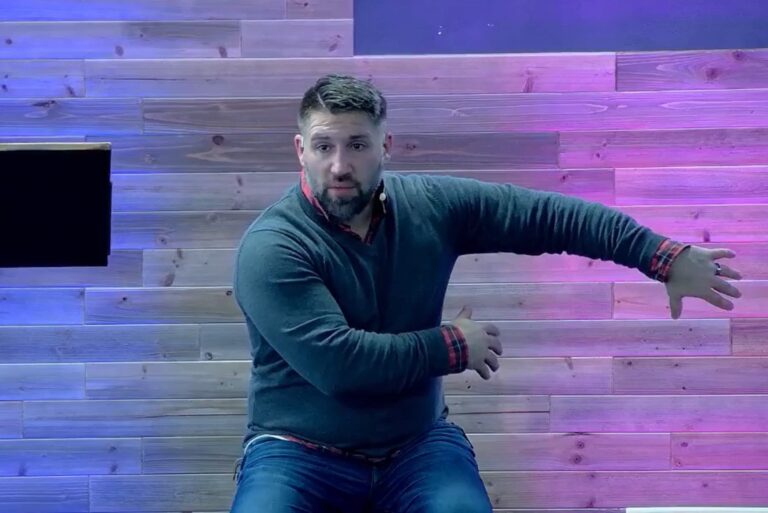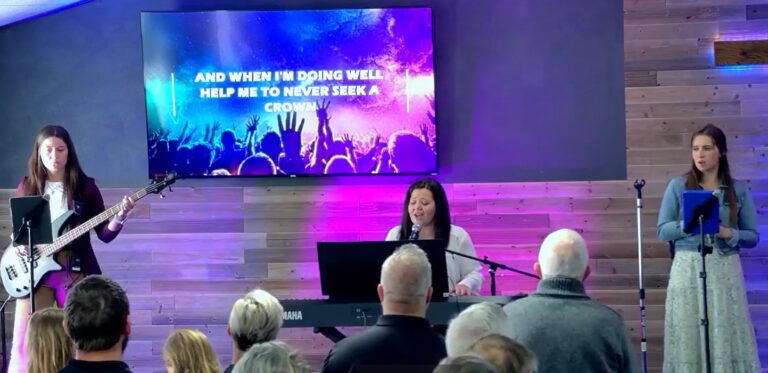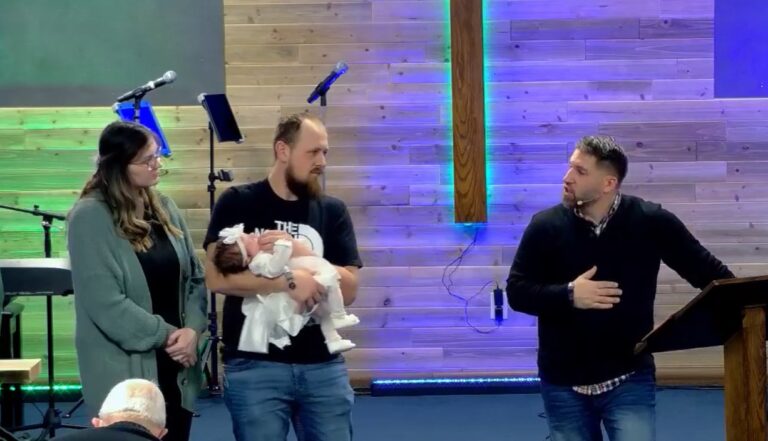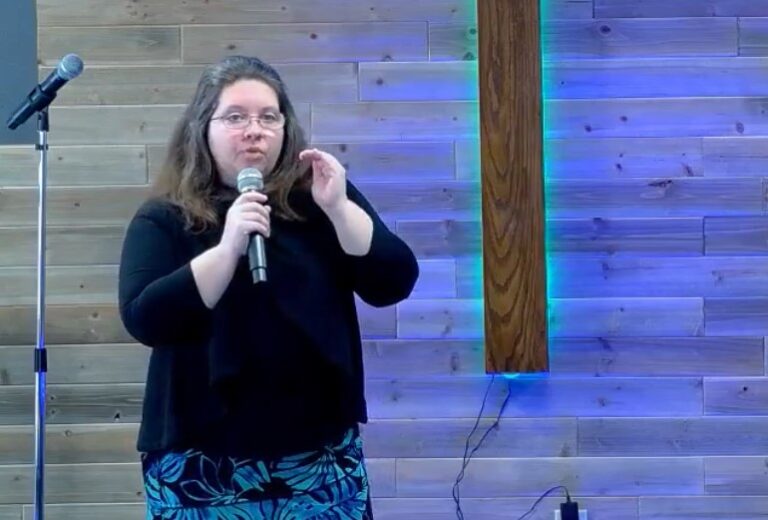Welcome to this online youth group lesson. To catch up on previous lessons, click here.
A song to kick things off, “I Will Fear No More” by The Afters:
Recently, we talked about a bird of prey called the osprey, and how it struggles to let go of a fish even if that fish can be pulling the osprey down into a dangerous situation. We talked about things that can similarly pull us down as Christians, and that if we don’t learn to let go of those things, they can drag us down into situations that can be very detrimental.
This week’s lesson is along the same lines — call it Part 2 of a mini-series on a bigger issue that many of us face: Self-inflicted personal struggles and how we can break free from them.
The Bible reading for today’s lesson comes from John 5:1-15 (NIV):
Some time later, Jesus went up to Jerusalem for one of the Jewish festivals. 2 Now there is in Jerusalem near the Sheep Gate a pool, which in Aramaic is called Bethesda[a] and which is surrounded by five covered colonnades. 3 Here a great number of disabled people used to lie—the blind, the lame, the paralyzed. [4] [b] 5 One who was there had been an invalid for thirty-eight years. 6 When Jesus saw him lying there and learned that he had been in this condition for a long time, he asked him, “Do you want to get well?”
7 “Sir,” the invalid replied, “I have no one to help me into the pool when the water is stirred. While I am trying to get in, someone else goes down ahead of me.”
8 Then Jesus said to him, “Get up! Pick up your mat and walk.” 9 At once the man was cured; he picked up his mat and walked.
The day on which this took place was a Sabbath, 10 and so the Jewish leaders said to the man who had been healed, “It is the Sabbath; the law forbids you to carry your mat.”
11 But he replied, “The man who made me well said to me, ‘Pick up your mat and walk.’ ”
12 So they asked him, “Who is this fellow who told you to pick it up and walk?”
13 The man who was healed had no idea who it was, for Jesus had slipped away into the crowd that was there.
14 Later Jesus found him at the temple and said to him, “See, you are well again. Stop sinning or something worse may happen to you.” 15 The man went away and told the Jewish leaders that it was Jesus who had made him well.
The story involves one of many miracles Jesus performs during His time on earth. It focuses on man referred to as a “invalid.” Definition-wise, the term refers to someone who is too sick to care for him or herself. This person has been at the side of a well that allegedly has the power to heal those who are sick … from verse 4, which is not available in the NIV flow of verses, we learn that an angel stirs the waters of this well at regular intervals, and the first person to enter the water after this stirring is healed, while the rest are out of luck. We get the feeling that this man has been at the well for quite some time, but never makes it into the waters early enough for healing.
The key sentence is a question Jesus asks the man .. a six-word sentence that seems odd in the context of the story. “Do you want to get well?” Anyone who has been deathly sick or hampered by an onslaught of medical issues would — you’d think — answer that with a resounding “Yes!” It is odd, in face value, that Jesus would even ask this question, especially since He already knows the heart of this man.
The invalid’s response is a series of excuses on why He hasn’t already taken the plunge, so to speak. Jesus ultimately forces the man to search his soul and a miraculous healing begins from the inside out.
The series “The Chosen” which chronicles the life of Jesus and His followers included this story in a recent episode. While watching, again, realize that the conversation strays from what the Bible gives. Some creative liberties are taken, but how they portray the emotion behind this scene is interesting.
When we fall into a struggling situation, it can be easy to focus on the excuses we’ve made on why we haven’t made progress. The scene where the man shares his excuses in this clip can be all too familiar for us. We’ve tried to improve our situations. Others keep bringing us down, getting in our ways. We have basically given up and don’t see a way out.
Jesus provides that, in this case through that provocative six-word question … Do you want to get well?
The concept here is simple — if we truly do want to get well, it is time to stop making excuses. It is time to put the elements that are out of our control — the people who get in our way, who distract us from the goal we seek — aside at God’s feet. It is time to pick up our mats and walk. It may not be as easy as it appears to be in this man’s situation as he is miraculously healed. It will likely take time, prayer, dependence on God and support from our godly friends and family. However, moving forward is possible, despite what cripples us.
What are some things that have crippled you — not just physically as in the case of the invalid, but emotionally? Spiritually? Who can you lean on to help deal with those things and break the chains of bondage they create — and our excuses enable?
If you’d like to talk more about this situation in your own life, reach out to John and Michelle via email at zaktansky@gmail.com
For those who attended youth in person on this date, we enjoyed some time of CrossNet as our activity before the lesson. Here are some photos from the fun:
